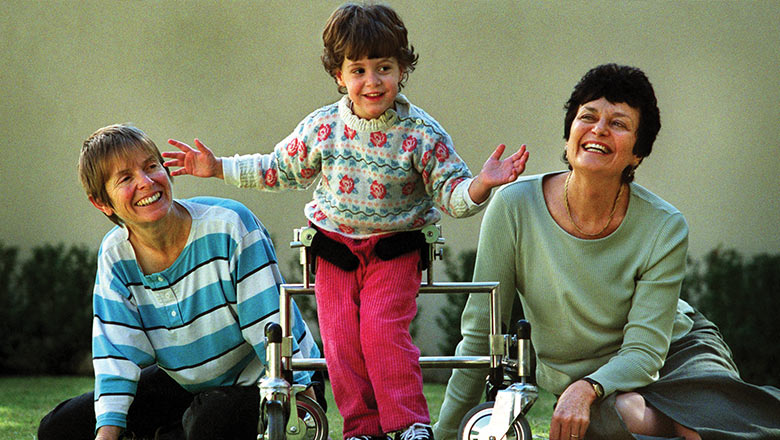Search
Research
Interobserver reliability of the Australian Spasticity Assessment Scale (ASAS)The Australian Spasticity Assessment Scale complies with the definition of spasticity and is clinically feasible in paediatric settings
Research
How low can we go? Recognizing infants at high risk of cerebral palsy earlierThis paper is a timely reminder that we must recognise infants at high risk of cerebral palsy earlier using evidence-based assessments.
Research
Prenatal factors in singletons with cerebral palsy born at or near termThis article discusses the prenatal factors in singletons with cerebral palsy born at or near term.
Research
Does aetiology of neonatal encephalopathy and hypoxic-ischaemic encephalopathy influence the outcome of treatment?Neonatal encephalopathy, a clinical syndrome affecting term-born and late preterm newborn infants, increases the risk of perinatal death...
Research
A systematic review of risk factors for cerebral palsy in children born at term in developed countriesThe aim of this study was to conduct a systematic review in order to identify the risk factors for cerebral palsy (CP) in children born at term.
Research
Factors associated with respiratory morbidity in children, adolescents and young adults with cerebral palsyThe primary aim of this study is to identify the predictors and prevalence of severe respiratory disease in children, adolescents and young adults with CP.
Research
A comparison of activity, participation and quality of life in children with and without spastic diplegia cerebral palsyNew PageThe aim of this study wa to measure activity, participation and QoL in children with CP and to determine how these differ from a comparable group of...
Research
The placenta and neurologic and psychiatric outcomes in the child: Study design mattersMuch information exists about functions of the human placenta and about potential mechanisms by which the placenta may influence human health or disease...

News & Events
Changing the focus of cerebral palsyCerebral palsy is not only the result of birth trauma and the lack of oxygen supply during delivery.
We know from research that the risk of death from respiratory disease is 14 times higher for adults with cerebral palsy than for other adults. Respiratory disease is the most common cause of premature death in children and young people with cerebral palsy and one of the main causes of hospitalisation.
